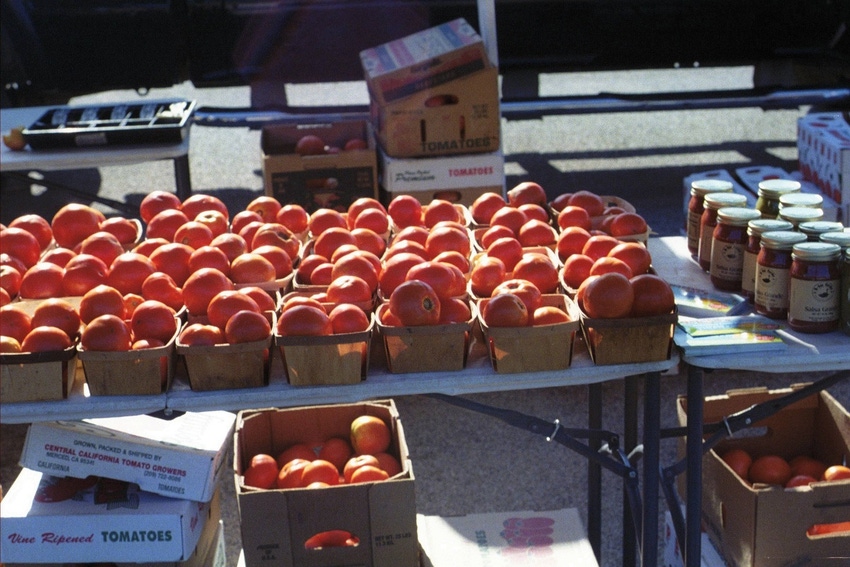
The first in several new Food Safety Modernization Act (FSMA) regulations were released by the Federal Drug Administration (FDA) Thursday (Sept. 10) in an effort to bolster the nation's food safety policies.
The new rule is part of a roll out of several new regulations designed to address a growing concern over security of the nation's food supply. Congress authorized the FSMA in 2009 and it was signed into law by President Obama in January of 2010.
This first new regulation deals with processed foods consumed by both humans and their pets. Release of additional regulations in the months ahead will address fresh produce and imported food products.
For the latest on southwest agriculture, please check out Southwest Farm Press Daily and receive the latest news right to your inbox.
This next round of regulations has been of major concern for small farmers who have argued the costs associated with compliance to the FSMA could be more than they are able absorb and still remain economically viable.
As a result of these and other concerns, Congress eventually required a period of public comment on the proposed regulations. Lawmakers subsequently amended the act and directed the FDA to make certain changes in final food safety rules and regulations as it relates to small farm operations.
When the next round of regulations are released, specifically those rules related to fresh produce, small farmers will be exempt, provided they meet certain criteria, including FDA flexibility to implement rules and standards that take into consideration size of farming operations. FDA has been directed to account for the distances food must travel in order to market.
These changes are designed to help small and mostly local and regional produce operations win exemption if the food they grow is sold at local farm-to-market operations such as food co-ops and farmers’ markets.
More questions
The changes left many with more questions, primarily, the definition of a small farm.
Congress adopted the Tester-Hagan Amendment to help FDA make that determination. According to the amendment, a farm must have average annual gross revenue of less than $500,000. The average is calculated based on the previous three-year period. Also, the farm must sell most of its products to qualified end users. In this case those users could be consumers, restaurants and grocery stores as long as they are located within the same state as the farm or within 275 miles of that qualifying farm.
The FSMA rules will not apply to produce grown for personal use or for on-farm consumption, so will not apply to hobby farms or home gardens.
In addition to those exemptions, the amendment grants FDA the discretion to establish exemptions for what it considers low-risk produce, specifically produce rarely consumed raw and produce commercially processed to kill microorganisms.
Beyond those exemptions, produce, both domestic and imported, will be closely regulated by FDA under terms of the FSMA.
Better food security
Supporters of the new rule say better food security is desperately needed as statistics indicate and increase in food borne illness outbreaks. According to the Center for Disease Control (CDC), contaminated food is an extremely common problem in modern times. CDC estimates that germs in food make about 48 million Americans sick every year, or one out of six people. An estimated 128,000 are made sick enough to be hospitalized, and last year food borne illness caused about 3,000 deaths.
This first round of regulations, released last week, target food processors. Under terms of the regulations, processors must anticipate where germs might get into food products and take corrective actions before a food borne illness outbreak takes place.
Jenny Scott, a senior adviser in the Office of Food Safety at FDA, says the idea is to stop outbreaks from happening instead of taking reactive measures after illness has been detected and traced back to the source.
FDA says the germs most targeted are E. coli, salmonella, cyclospora and listeria.
"This is the most sweeping overhaul of our food safety system since 1906," said Michael Taylor, FDA's deputy commissioner for foods and veterinary medicine.
Under terms of this first set of regulations, food processing companies large and small must have a written plan for identifying and dealing with contamination.
About the Author(s)
You May Also Like




